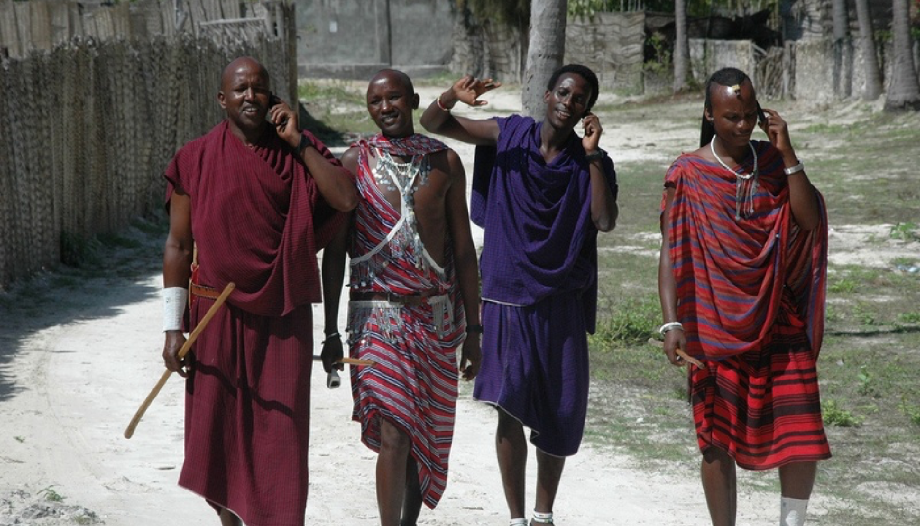Luca Mars did the math. Three years ago, the 19-year-old accounting student, who lives in the small Brazilian city of Várzea Alegre, 2,200 miles northeast of Rio, took a look at his mobile phone bill and knew that he couldn’t cover the cost of the data plan. Mars works as an administrative assistant at a primary school, and says his phone bill typically ate up 10 to 15 percent of his paycheck.
He’s not alone. Over the past decade, the cost of smartphones has dropped around the world, so much so that the number of people with mobile phones grew from 1 billion globally in 2003 to 3.4 billion in 2013. But while millions of people in emerging markets can now purchase mobile devices, most use pay-as-you-go plans, meaning they must pay for every minute they use their phone. As a result, the cost of data remains a barrier to many of the planet’s poorest inhabitants, who can barely afford the charges required to get online. Many spend 10 percent of their daily wages to place calls or surf the Web, or about three hours of work for one hour of phone use.
But through a bit of online sleuthing, Mars found a solution: a Boston-based company that allows users to access the Web for free and earn credits for their data plans through its app, mCent. The company, Jana, is rooted in research developed at MIT’s Media Lab, and now serves 25 million people worldwide. Companies including Twitter, Google, and Amazon pay Jana to be featured within mCent; it operates a bit like Apple’s app store, only it gives companies access to an entire user base that would otherwise be off the grid. In exchange, Jana covers the cost of the data through its partnership with 237 mobile carriers. Jana says it’s now India’s second largest app advertising platform. The largest? Facebook.
“I can do more on my phone,” Mars said. “I have more possibilities to connect with people and the world, to show my opinion, to save my money.”
On Wednesday, Jana announced the launch of a new program, “Jana Loyalty,” which lets app makers like Twitter offer their apps free through mCent. The program then enables companies to measure usage of apps and retarget them directly with more free data. The users, in turn, get free access to the Web and more credits for their phone, which they can use however they like. Jana’s founder, Nathan Eagle, says that in beta testing, companies using the service have seen engagement with their apps double.
Eagle began his working with mobile phones while studying under MIT professor Sandy Pentland at the Media Lab. Eagle says he first saw the need for enabling mobile data access while doing field work in Kenya, where he attempted to have nurses report blood-supply levels at regional clinics via text message. The nurses were quick to adopt the program, but data rates kept them from using it routinely.
“We were essentially asking them to take a pay cut,” by covering the cost of each text message, Eagle explained. After he coordinated with local carriers in Africa to subsidize the cost of the data, he realized the same barrier to entry existed around the world. Since launching Jana in 2009, he’s raised $40 million in venture backing. The company is growing quickly, he said — “Our active users are doubling every eight to 10 weeks or so” — and became profitable in 2015. Its Boston-based staff has also grown from 30 employees to 50 since the start of the year.
“We’re empowering people with connectivity and we’re not limiting how they’re using that connectivity,” Eagle said, noting that Facebook’s Internet.org campaign provides people with free Web access … to Facebook. His goal, he said, “is not to make one particular application free. We want to make the whole Internet free.”
Photo: ICT4D.at via Flickr
Janelle Nanos is the editor of BetaBoston. Send her tips or say hello at janelle.nanos@globe.com.
From: betaboston.com








Leave a Reply
You must be logged in to post a comment.